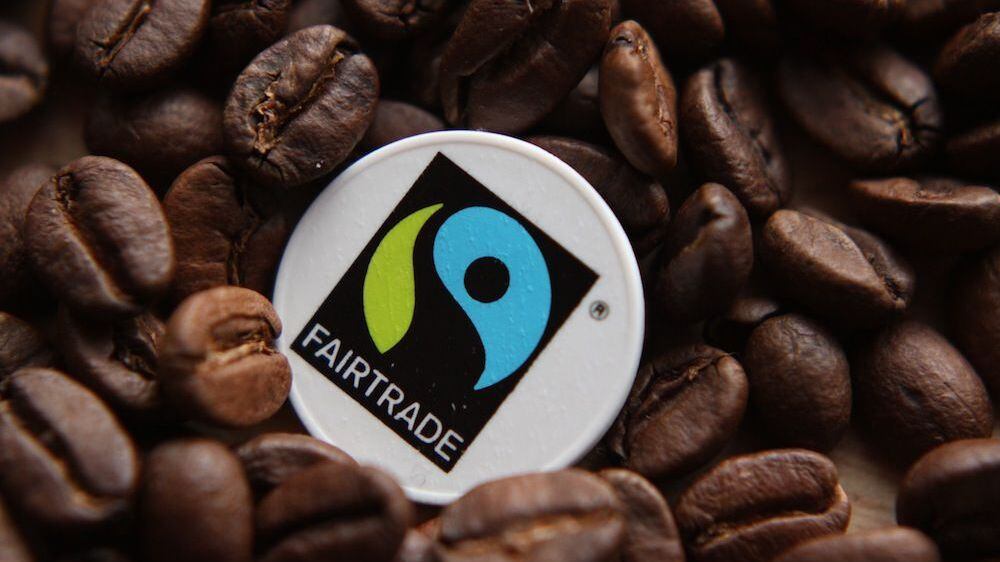While we know the pandemic has raised interest in healthier eating to support overall health, there comes a juxtaposition with the fact that some consumers are also seeking comfort indulgence to ward off anxiety and stress.
Portion-controlled products will be popular along with plant-based alternatives this year. In its latest research, Top Chocolate Trends 2021 & Beyond, Barry Callebaut has identified four key consumer needs which will require special attention from chocolate brands in 2021: Indulgent moments; Good for me; Chocolate I trust; Taking new forms.
Taste
These are backed by the three major health trends that have come to the fore more so during the past 12 months when it comes to healthier chocolate alternatives: low in sugar, organic and vegan.
Barry Callebaut says the main challenge “is to deliver such proposition to the consumer without compromise on taste... as taste is king!”
Consumers want to make sure they can indulge with chocolate without harming the planet and its people. They also value local craftsmanship as they trust it more and because it allows to lower the carbon print impact.
Traceability, transparency and localism are also important to consumers – local production and sourcing are valued by consumers. Barry Callebaut reveals that 61% of European consumers want to know more about where their chocolates come from and what’s in it.
“In the future, brands will have to make clear what they are made from, where they are made from and how they are made so consumers can decide from end to end if it is a product they would like to buy,” Bas Smit, Barry Callebaut’s Global Vice President Marketing, told ConfectioneryNews.
Immunity and health
In further research, provided by Innova Market Insights, immunity and health has become a priority for consumers, with ongoing anxieties over COVID-19 continuing to be a key focus for this year and beyond.
“Ongoing anxiety stemming from the COVID-19 pandemic is continuing to push consumers toward prioritizing their immune health,” said Lu Ann Williams, Global Insights Director at Innova Market Insights. “Immunity boosting ingredients will play a significant role for the coming year, while research and interest in the role of the microbiome and personalized nutrition as ways to strengthen immunity will accelerate”.
Innova’s research also indicated that 54% of global consumers claimed to have spent time educating themselves on ingredients and procedures that could boost their immune health in the wake of concerns over COVID-19.
When asked which elements would be most important to achieve, immune health, choosing foods naturally high in nutrients (vitamins, minerals, antioxidants) featured in the top three. Also prominent was getting enough sleep and being physically healthy. There is an associated increase in interest in botanical ingredients in particular, Innova revealed.
According to Innova’s Consumer Survey 2020, six out of 10 global consumers are increasingly looking for food and beverage products that support their immune health, with one in three saying that concerns about immune health increased in 2020 over 2019.
Tailored to fit
In other top trends for 2021 picked up by Innova Market Insights, provenance, sustainably sourcing and packaging comes into play.
Learning more about where their foods comes from was of interest to 85% of global consumers in the Innova Consumer Survey 2020. Brands upping their game to meet evolving ethical, environmental, and clean label consumer demands using creative, and using meaningful storytelling to communicate their message will benefit.
When it comes to sweets and snacks, ingredient provenance for raw materials such as nuts, cocoa, and sugar is increasingly being highlighted by consumers, along with ethical credentials and packaging sustainability.
The ‘plant-based’ trend has continued to evolve as does personalized nutrition with ‘Tailored to Fit’ cited as Innova’s number three trend for 2021.
With Covid-19 restrictions in place in most countries, at-home eating also becomes a priority as foodservice and retail domains increasingly overlap, consumers can eat what they want, when and where they want it.



